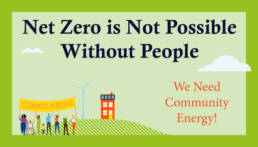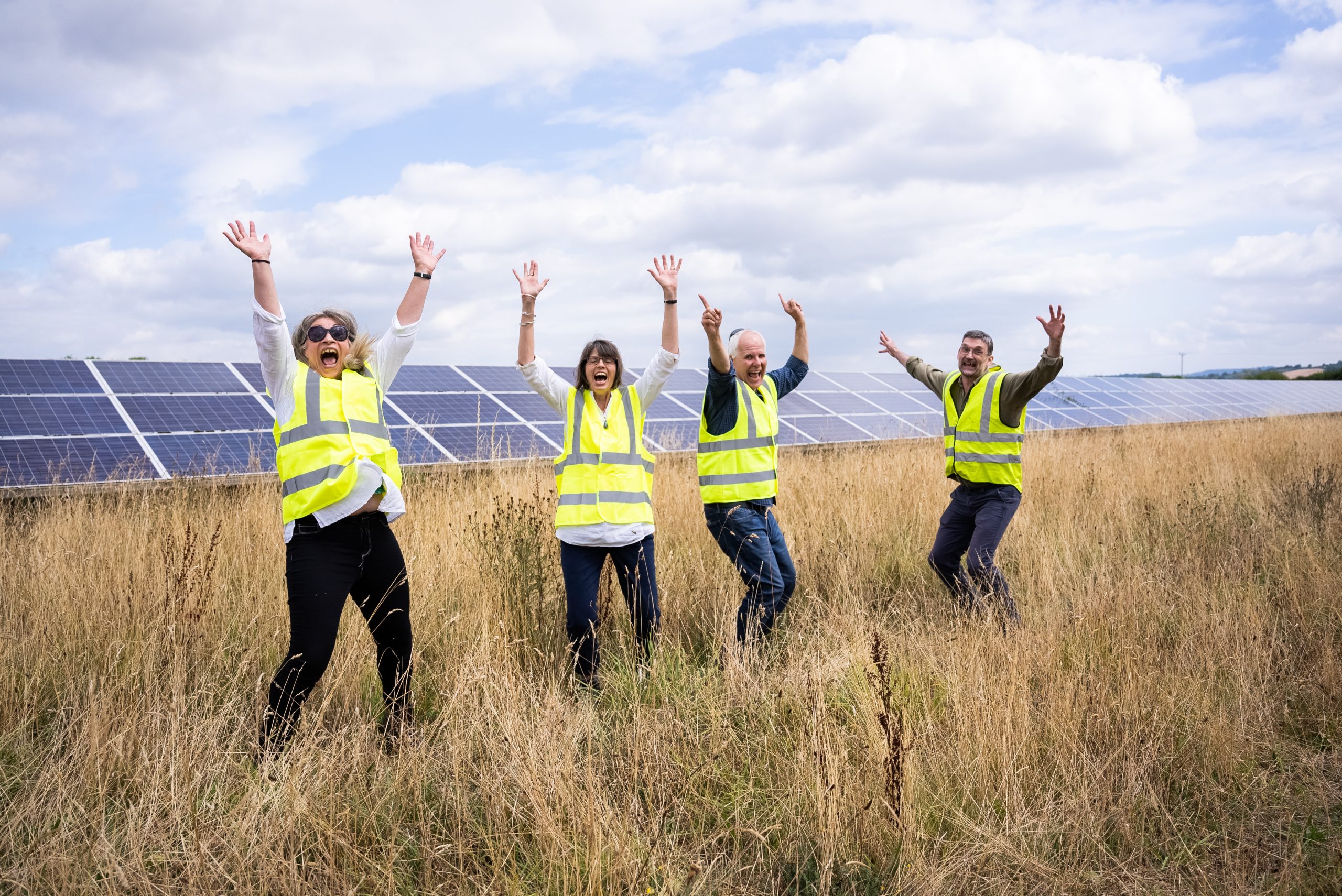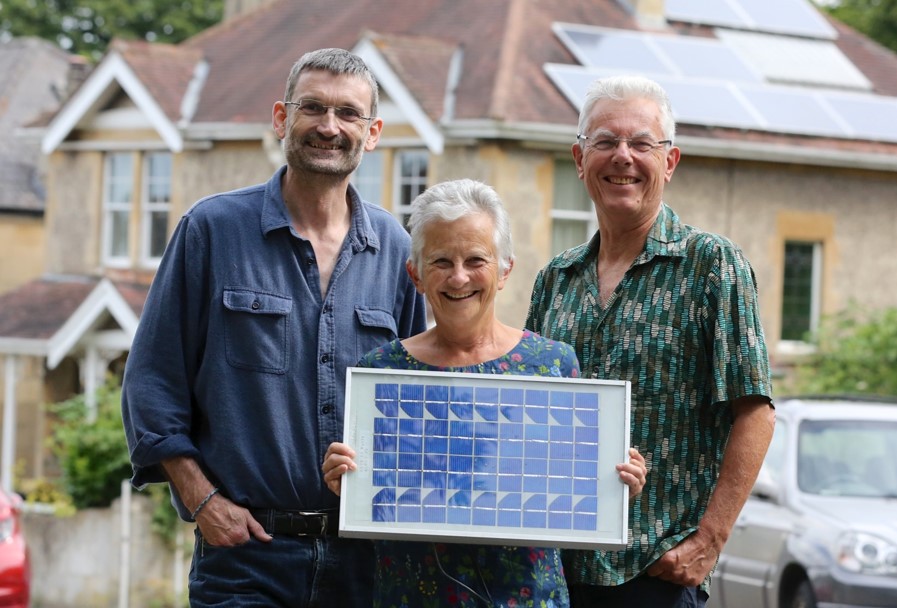
What could be done to support community energy at government level?
These are just some of the ideas suggested by BWCE to our local MP Wera Hobhouse, recently as she prepared to lead a debate in the House of Commons on Empowering Community Energy Schemes on 30th November 2021.
Supporting our ability to invest: project development ‘at risk’
Community energy organisations don’t have the ability or resources to take significant risk developing new renewable projects and seeking planning approval for them. So the government funded Rural Community Energy Fund (RCEF) has been vital in supporting project development. BWCE are currently using RCEF to carry out feasibility studies of three ground mount solar schemes and a community EV charging network. The future of the RCEF scheme is not clear and it doesn’t currently cover urban areas like Bath. This scheme should be continued and expanded in scale and scope to cover urban areas as well.
Grid capacity
Our local area is heavily constrained and it is difficult to connect new projects to the local grid network. We need investment in grid improvement and help securing grid connection where we are competing with commercial companies with resources that far outstrip ours. It is either the public purse or us as consumers that end up paying for grid improvements. So it seems reasonable to expect that some of the grid capacity created by investment in grid strengthening be offered on a first refusal to the community sector to build projects that deliver public rather than private benefit. If there are no community energy projects in the queue then the first refusal could drop away so as to not create a block on development.
Local energy supply
If community energy could sell its electricity locally, direct to consumers, it would have far greater impact in terms of local energy awareness and consumer engagement with the energy transition. It could also strengthen local community sector viability by increasing security of income within volatile energy markets. We are reviewing how we can do this through local long-term purchase agreements with the public sector. So, more support for local authorities to use their buying power to bring forward locally owned and accountable renewables projects, that are more likely to secure the consent and support of local people, would be really helpful. As would regulatory change to allow for more active local energy markets and/or peer to peer trading.
Working with local authorities
The potential for local partnership is significant and could be increased with stronger support for local authorities to establish joint ventures with, and utilise local authority finance to invest in, local community projects that generate significant local social and economic benefit on both public estate and in the wider community.
Other ideas that would support the growth of community energy would include re-instating eligibility for tax relief for investment in community renewables schemes, now that the feed in tariff has closed for new projects, and providing for business rate incentives to encourage business to work with community energy enterprises to install renewables.
More widely, removing planning constraints for onshore wind energy where projects are community owned and establishing a shared ownership policy (learning from previous policy in this area) that requires commercial developers to offer at least 20% of their scheme for community ownership, would also be beneficial.


